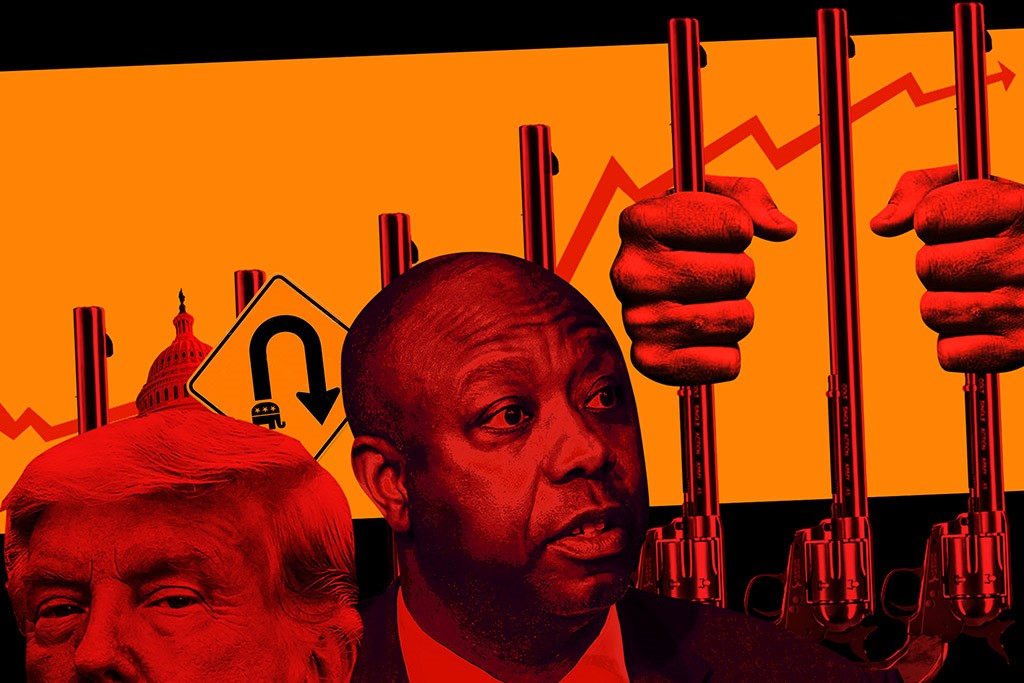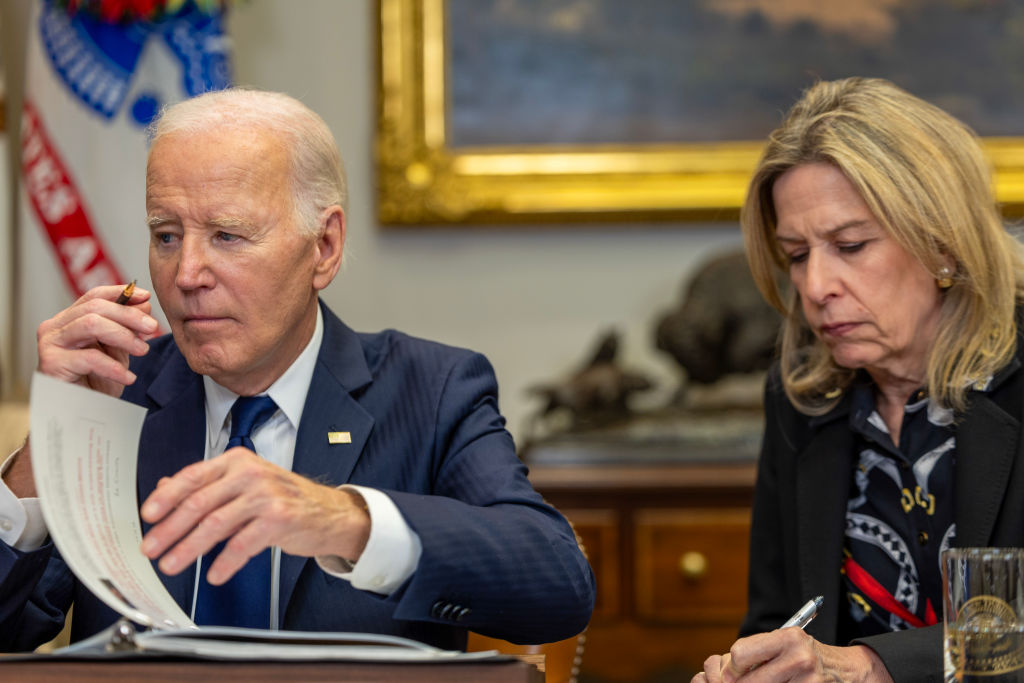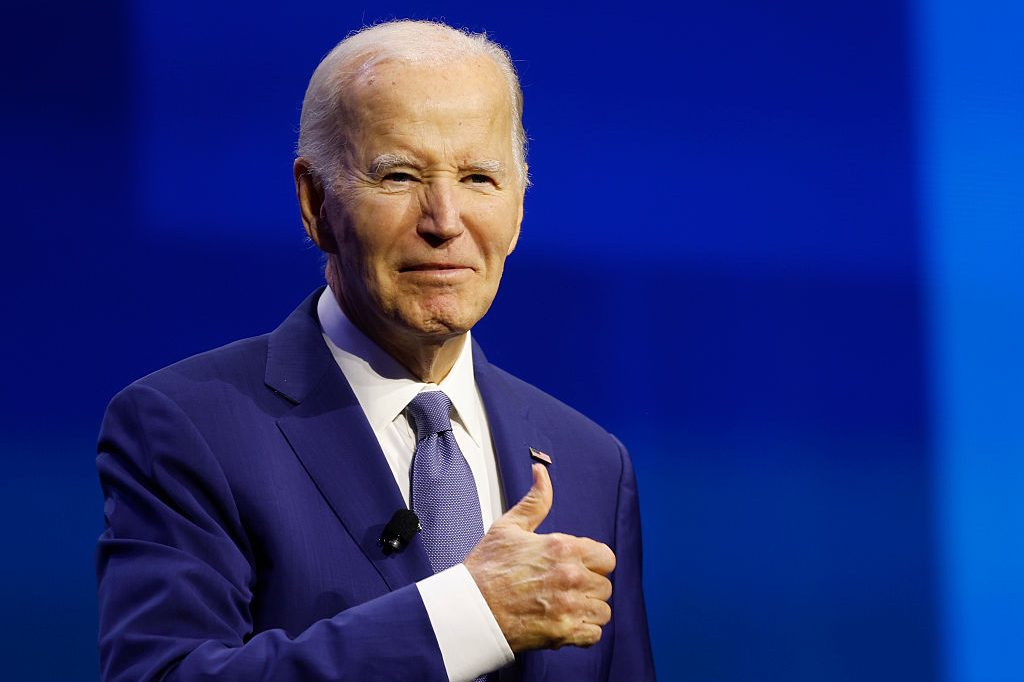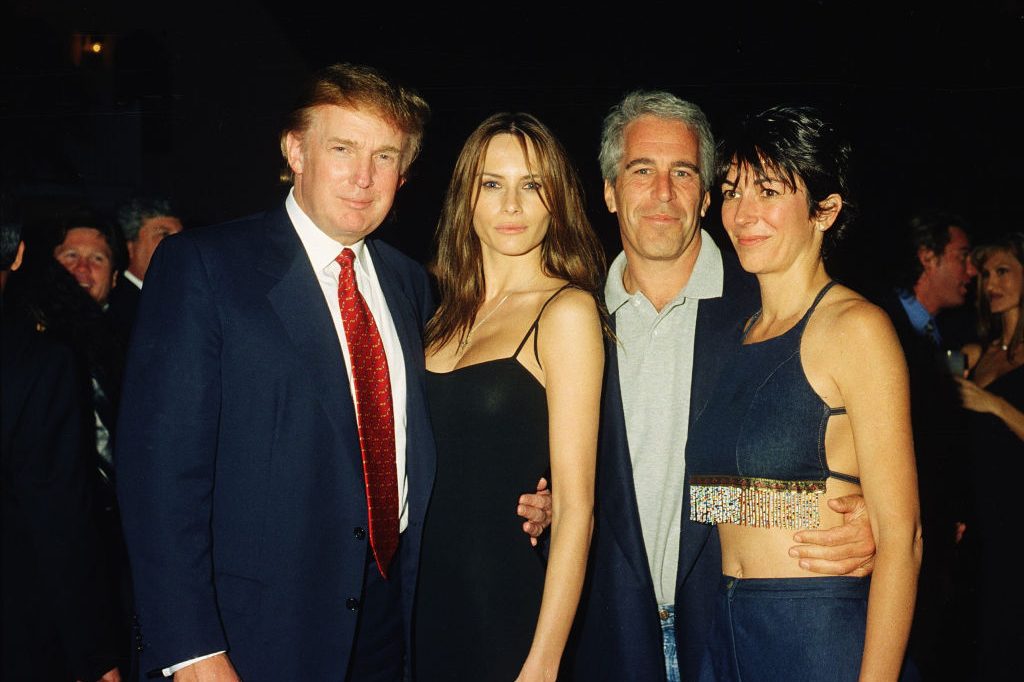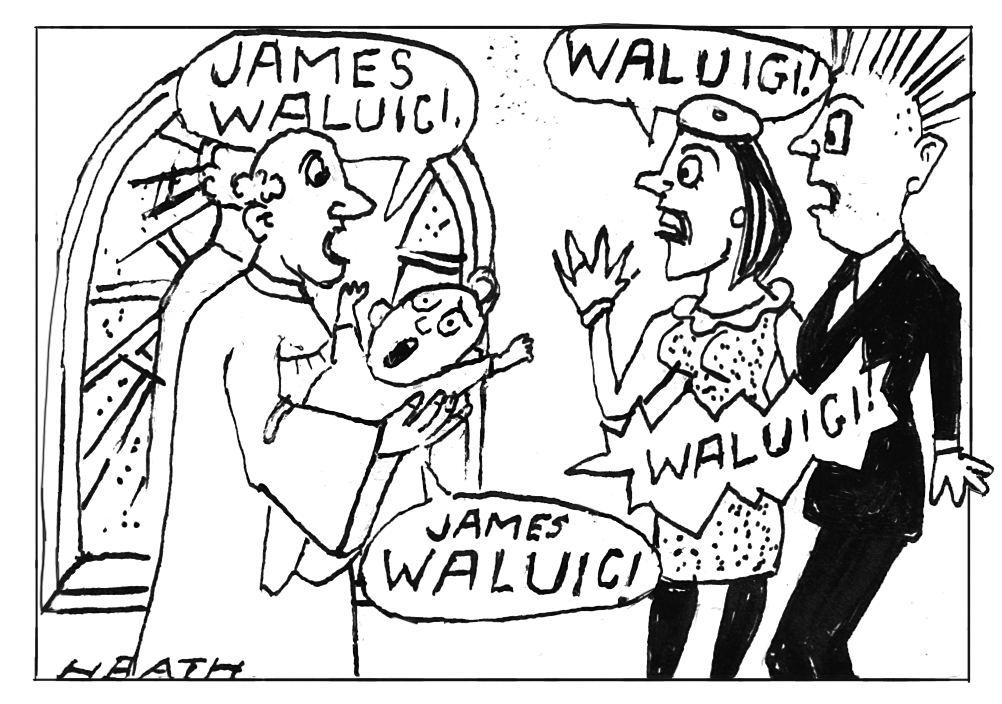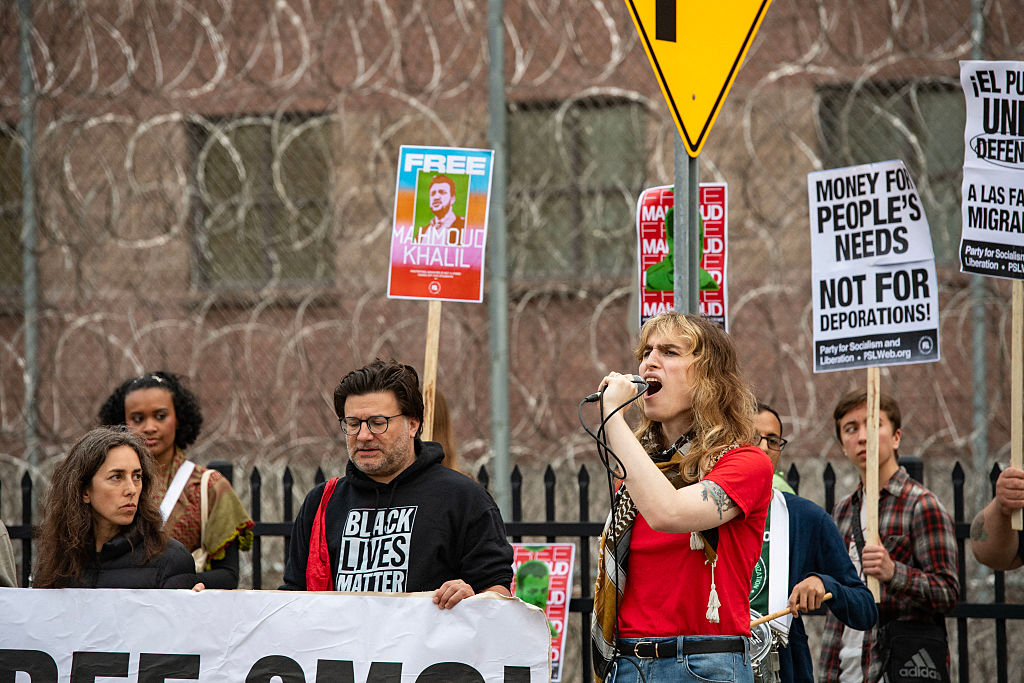When President Donald Trump signed the First Step Act in 2018, it was heralded by leaders of both political parties and the mainstream media as a massive bipartisan victory. The legislation developed a risk and needs assessment program to reduce recidivism rates for federal prisoners, amended the good time credits system, shortened mandatory minimums for drug offenders and redressed pre-2010 sentencing disparities for crack versus powdered cocaine offenses.
In the five years since it hit the president’s desk, though, the First Step Act has become a source of controversy within the Republican Party. Members of the GOP are reticent to appear soft on crime as America’s major cities undergo a post-pandemic crime wave and progressive members of the Democratic Party advocate for defunding the police and installing left-wing prosecutors who are keen on giving second — or third, or fourth — chances to criminals. Trump has hardly talked about the landmark legislation on the 2024 campaign trail, and his primary opponents have started to use it as an attack line, as proof that they are the true law-and-order candidates.
Vice President Mike Pence said during a CNN town hall shortly after announcing his candidacy that “we need to take a step back and rethink the First Step Act.”
“I think now more than ever we ought to be thinking about how we make penalties tougher on people who are victimizing families in this country,” Pence asserted.
Florida governor Ron DeSantis said he would flat out repeal the First Step Act if he won the presidency, calling the legislation “basically a jailbreak bill.”
“Under the Trump administration — he enacted a bill, basically a jailbreak bill, it’s called the First Step Act. It has allowed dangerous people out of prison who have now re-offended, and really, really hurt a number of people,” DeSantis said in an interview with the Daily Wire. “If you are in jail, you should serve your time. And the idea that they’re releasing people who have not been rehabilitated early, so that they can prey on people in our society is a huge, huge mistake.”
Opponents of the First Step Act argue that it does not allow proper consideration of the varying circumstances of persons who might be released early. Take Joel Francisco, who was let out fourteen years into a life sentence for selling crack, despite being a leader of a Latin gang and having multiple prior violent convictions. Not long after his release, Francisco was arrested again for an alleged murder.
But Republicans who helped draft the legislation shoot back that prisoners released under its terms have a much lower recidivism rate than the general prison population.
Former Georgia congressman Doug Collins, who authored an early version of the bill, declared in a recent op-ed that the First Step Act is part of the “Republican tradition of delivering real-life results that embolden Americans to pursue their fullest potential.”
He also suggested that DeSantis was being dishonest because, before leaving Congress to run in Florida’s 2018 gubernatorial race, DeSantis voted for Collins’s early bill.
“DeSantis voted yes on the version of the bill I authored and sponsored in the House, HR-5682, along with 224 of our other Republican colleagues,” Collins wrote in the Washington Examiner.
The Trump campaign did not respond to The Spectator’s request for comment, but has previously slammed DeSantis for voting for Collins’s bill. Trump campaign spokesman Steven Cheung told Axios that DeSantis “sounds just like John Kerry. What a phony.”
HR-5682, however, was divorced enough from the final version of the First Step Act that thirty-four Republicans changed their votes from “yes” to “no.” Representative Ken Buck of Colorado, one of the GOP members who switched his vote, said “they were completely two different bills.”
“Ron DeSantis has shown in Florida and in his time in Congress, that he understands the causes of crime and can lead and help reduce crime in this country,” Buck said. “And Donald Trump with this bill, and other signals that he’s sent, does not understand crime. Jared Kushner certainly doesn’t understand the causes of crime and how to address it.”
The First Step Act will most likely continue to be a frustrating thorn in Trump’s side, especially considering Trump was initially skeptical of the legislation. A source close to the administration at the time told The Spectator that Trump was telling people that he thought it was a bad idea. Jared Kushner, Trump’s son-in-law and the architect of other traditionally non-conservative policies during the Trump administration, was passionate about the bill and pushed Trump to support it. Then Kushner enlisted powerful allies in conservative media and Congress to get Senator Majority Leader Mitch McConnell to bring it to a vote. Again, at Kushner’s urging, it became one of the key components of Trump’s unsuccessful 2020 re-election campaign.
Trump is not the only GOP candidate who will have to answer for his support for criminal justice reform. South Carolina senator Tim Scott, who is polling third in Iowa and who sources tell The Spectator is auditioning for a vice presidential pick, has a long record of advocating for policies that Republicans labeled “Defund the Police” measures after the death of George Floyd. Scott labeled himself the poster child of criminal justice reform in 2020, telling McConnell that it was “my issue” because of his history with alleged racial profiling, and between 2017 and 2020, Scott advocated heavily for legislation that would withhold some federal grants from states whose police departments refused to comply with submitting officers involved in fatal civilian shootings to a national database and banning chokeholds.
“It’s important for us to use the resources that we provide to law enforcement, and a way to get them, to compel them towards the direction that we think is in the best interest of the nation,” Scott told ABC in 2020. He reiterated in the same interview that a “very important” part of his bill was “removing those federal grants.”
Scott has also previously criticized stop-and-frisk policies and supported bills in 2015 and 2017 that would reduce prison sentences and lower mandatory minimums for non-violent drug offenders.
It wasn’t until 2021, when progressive left media publications accused Scott of being the “architect” of defunding the police, that he changed his tune.
“We have about a billion dollars in grant money that goes to police. When you start saying in order to receive those dollars, you must do A, B and C, and if you don’t do A, B and C, you literally lose eligibility for the two major pots of money… when you tell local law enforcement agencies that you are ineligible for money, that’s defunding the police. There’s no way to spin that,” Scott said in a CBS Face the Nation interview.
In 2022 he again said that he did not support limiting grant funding to police departments that didn’t abide by certain regulations.
“We hit a roadblock based on a couple of areas. One of the most important areas was, is it OK to limit funding to grants if local police don’t meet a certain standard or don’t qualify based on some parameters? I say no. They say yes,” he asserted.
Scott’s campaign did not respond to a request for comment.
The GOP’s abandonment of criminal justice reform is likely a welcome change for tough-on-crime mainstays like Senators Tom Cotton and John Kennedy, who voted against the First Step Act, while the libertarian wing of the party will be vexed. The real story will be in how these internal fights are received by primary voters, as 80 percent of Republicans said crime is a real threat in communities in a March NPR poll. Which primary candidates can run the fastest from the perception that they might be gracious to criminals?



